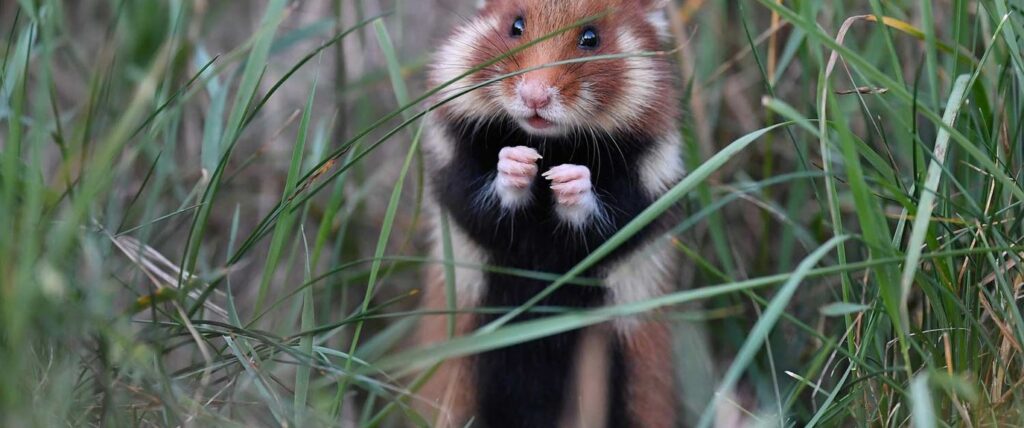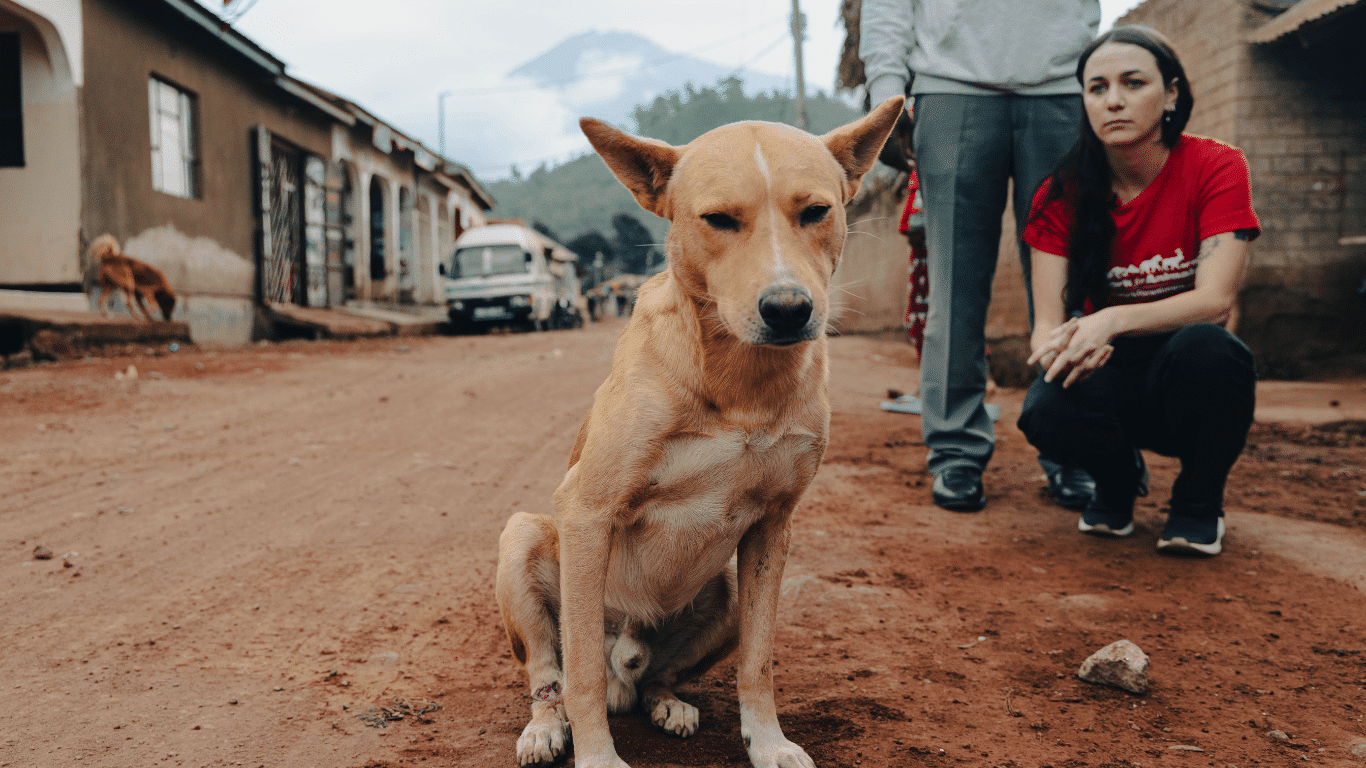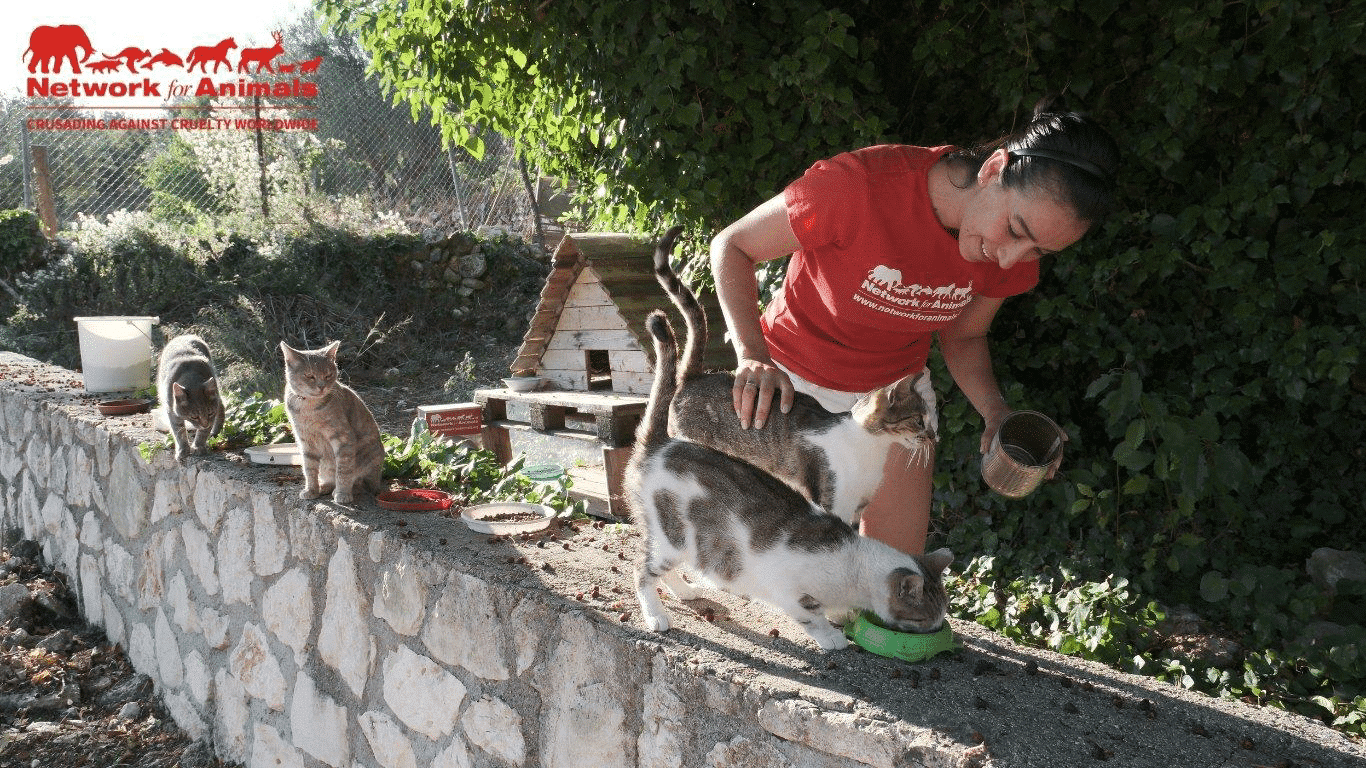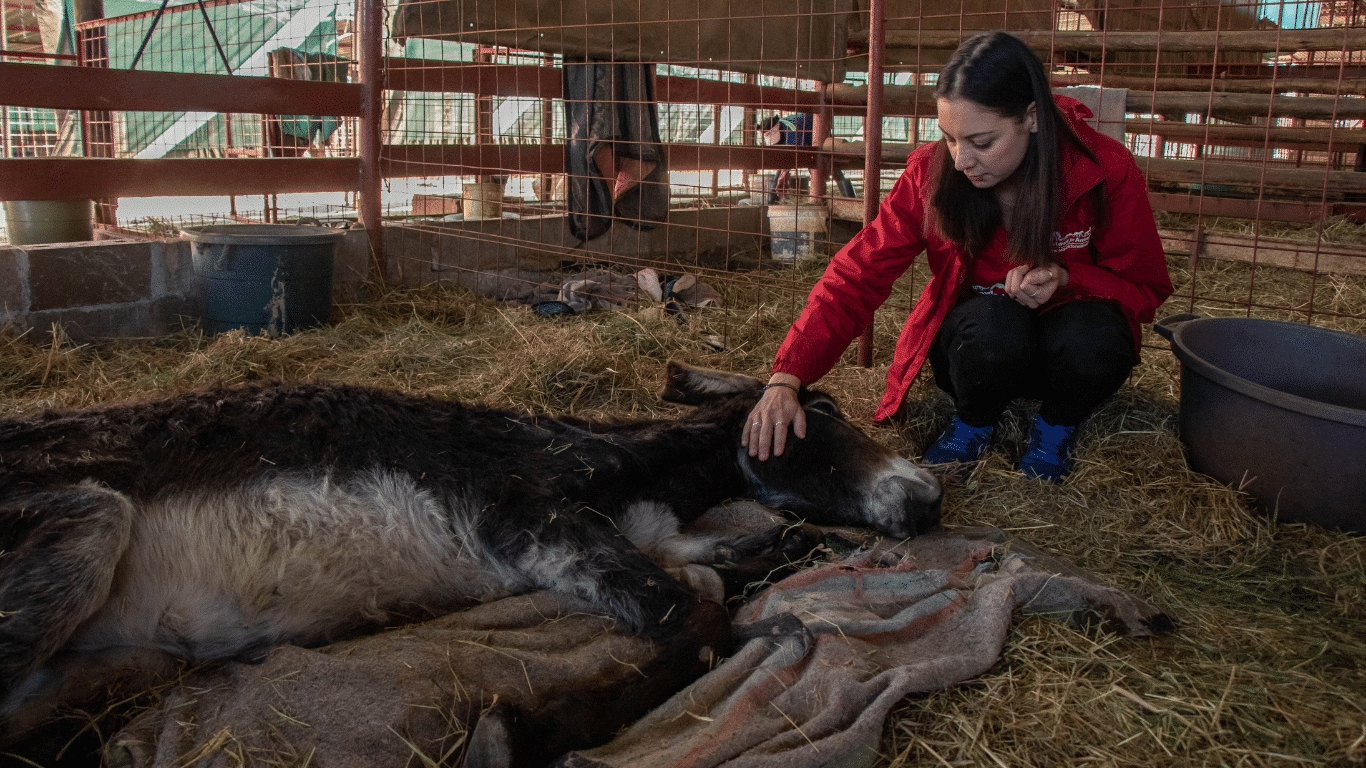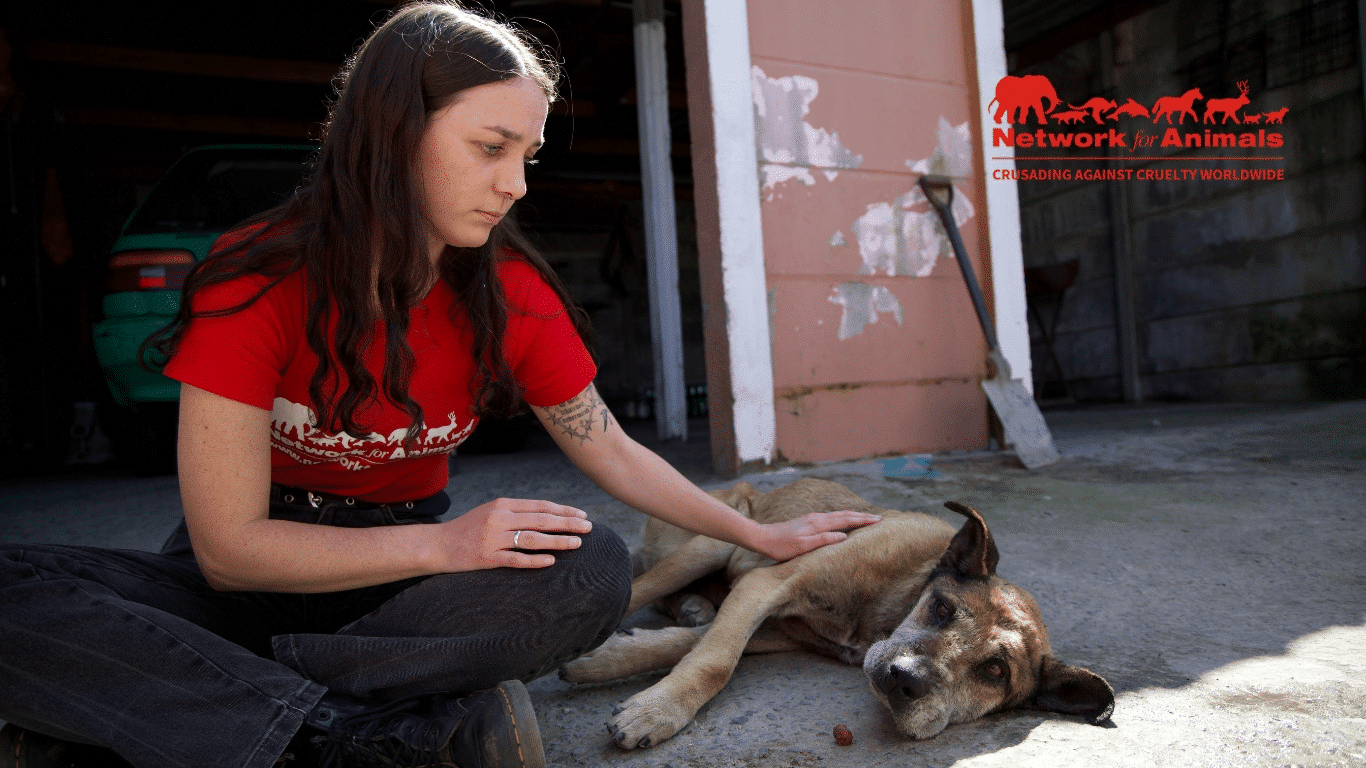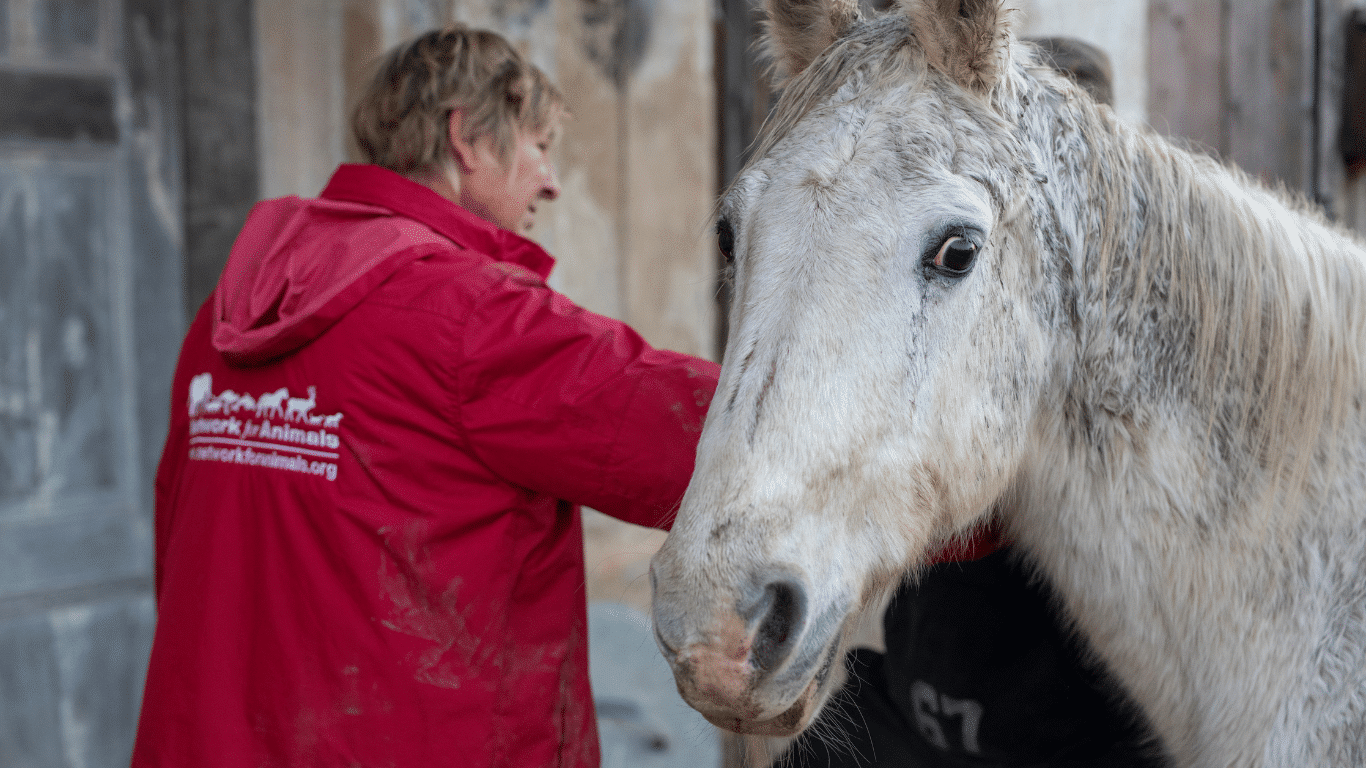The European hamster is just one step away from extinction in the wild
There are less than 250 North Atlantic right whales left alive, about one-third of Madagascar’s lemurs are on the brink of extinction, a caterpillar fungus is fighting for survival, and now even the birth rates among European hamsters are dropping at an alarming rate. The world is crying out for help – yet Mother Nature’s pleas are falling on deaf ears!
There’s a reason hamsters are one of the most photographed animals on the internet – they are incredibly cute, fluffy, and sweet natured. Anyone who has ever owned a hamster will agree that these little creatures make amazing companions. Just one look at a hammy’s face can melt your heart in seconds.
At the rate at which these little critters breed, you would be forgiven for thinking hamsters are not candidates for extinction, yet the European hamster – a different species from hamsters commonly kept as pets – is among an updated list of the world’s most fragile creatures.
The European hamster is typically found in low-lying farmland with soft loam or loess soils, although it may also inhabit meadows, gardens, or hedges. It grows to be about 10 inches (25 centimeters) long, has adorable black and white markings, and a cotton candy pink nose. But being cute, as has been proven time and again, doesn’t save a species from extinction.
In a shocking revelation, the Switzerland-based International Union for Conservation of Nature (IUCN) revealed that European hamster numbers have dropped by up to 75 percent in numbers across the French region of Alsace, in Germany and across Eastern Europe. That’s because female hamsters now give birth to far fewer babies than they once did.
In the 20th century, a female hamster would give birth to an average of 20 pups a year, but this has dropped to only five or six a year. Many believe the drop in numbers is likely a result of man-made causes. Industrial development, agricultural monocultures (growing a single crop on farmland), global warming, and light pollution are all being investigated as potential reasons for the plunge in litter size.
Dr. Mikhail Rusin, an author of the new Red List assessment, which evaluates the extinction risk of thousands of species and subspecies, said conservation efforts may have started to slow the population decline of the European hamster in some places, but it has so far “failed to reverse the trend”. Experts believe if nothing is done to balance the numbers, the European hamster will be extinct in the next 30 years.
“In the short-term, efforts to protect the wild hamsters need more resources and support,” said Network for Animals (NFA)’s David Barritt. “It is also vital to raise public awareness about the headlong race into extinction that is happening for so many species. We ignore this at our peril, because it will have planet-changing consequences for humanity.”

